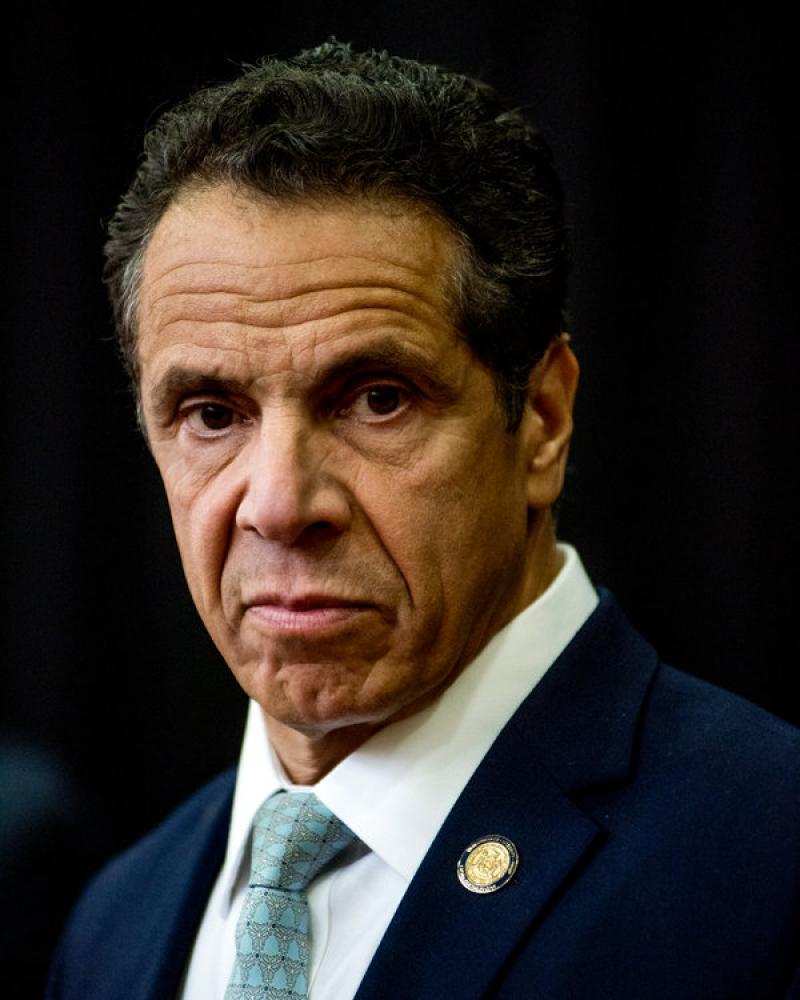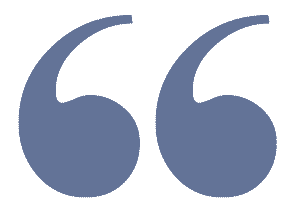Andrew Cuomo is no hero. He's to blame for New York's coronavirus catastrophe



Andrew Cuomo may be the most popular politician in the country. His approval ratings have hit all-time highs thanks to his Covid-19 response. Some Democrats have discussed him as a possible replacement for Joe Biden, due to Biden's perceived weakness as a nominee. And there have even been some unfortunate tributes to Cuomo's alleged sex appeal.
All of which is bizarre, because Cuomo should be one of the most loathed officials in America right now. ProPublica recently released a report outlining catastrophic missteps by Cuomo and the New York City mayor, Bill de Blasio, which probably resulted in many thousands of needless coronavirus cases. ProPublica offers some appalling numbers contrasting what happened in New York with the outbreak in California. By mid-May, New York City alone had almost 20,000 deaths, while in San Francisco there had been only 35, and New York state as a whole suffered 10 times as many deaths as California.
Federal failures played a role, of course, but this tragedy was absolutely due, in part, to decisions by the governor. Cuomo initially "reacted to De Blasio's idea for closing down New York City with derision", saying it "was dangerous" and "served only to scare people". He said the "seasonal flu was a graver worry". A spokesperson for Cuomo "refused to say if the governor had ever read the state's pandemic plan". Later, Cuomo would blame the press, including the New York Times for failing to say "Be careful, there's a virus in China that may be in the United States?" even though the Times wrote nearly 500 stories on the virus before the state acted. Experts told ProPublica that "had New York imposed its extreme social distancing measures a week or two earlier, the death toll might have been cut by half or more".
But delay was not the only screw-up. Elderly prisoners have died of coronavirus because New York has failed to act on their medical parole requests. As Business Insider documented:
"Testing was slow. Nonprofit social-service agencies that serve the most vulnerable couldn't get answers either. And medical experts like the former CDC director Tom Frieden said 'so many deaths could have been prevented' had New York issued its stay-at-home order just 'days earlier' than it did. On March 19, when New York's schools had already been closed, Cuomo said 'in many ways, the fear is more dangerous than the virus.'"
The governor has failed to take responsibility for the obvious failures, consistently blaming others and at one point even saying "governors don't do pandemics". (Actually, some governors just don't read their state's pandemic plans.) But much of the press has ignored this, focusing instead on Cuomo's aesthetic presentation: his poise during press conferences, his dramatic statements about "taking responsibility" (even when he obviously hasn't), and his invisible good looks.
The mask mural is yet another publicity stunt mistaken by the press as a sign of leadership. On 29 April, Cuomo unveiled a wall of handmade cloth masks that had been sent to his office by concerned citizens all over America. He called it "a self-portrait of America. You know what that spells? It spells love." Since the arrangement of masks doesn't form words, the mural doesn't actually spell anything, but it is a perfect symbol of Cuomo's leadership failures. Handmade cloth face coverings are not as effective as N95 masks, of course, but if unsuitable for healthcare workers they would still have been perfectly appropriate to distribute to New Yorkers (some of whom have been brutally arrested for not wearing masks). But Cuomo, rather than putting the needs of New Yorkers first, chose to tack hundreds of cloth masks on a wall as a monument to himself.
Cuomo's record was shameful long before coronavirus began. He enabled the IDC (Independent Democratic Conference), a group of conservative Democratic state lawmakers, in allying with the Republican minority to block progressive legislation. (Cuomo denies any role in the IDC, but that stretches credulity.) Before the pandemic, he pushed through Medicaid cuts which shut down necessary hospital space in the name of "efficiency" despite the warnings of medical professionals. And on 3 April, as 3,000 New Yorkers already lay dead from the virus and hospitals like Elmhurst in Queens were overwhelmed with cases, Cuomo forced through further Medicaid cuts, slashing $400m from hospital budgets.
As the state now staggers to its feet, Cuomo has partnered with the Bill & Melinda Gates Foundation to "reimagine education" (which almost certainly means privatization), and with the ex-Google chief Eric Schmidt to - as Naomi Klein puts it - "permanently integrat[e] technology into every aspect of civic life". All of this has happened without the democratic input of New Yorkers, who would likely prefer that the progressive legislators they elected could govern without interference, that their hospitals have enough money to function and that billionaires don't infiltrate and control every element of civic life.
There's something disturbing about Cuomo being hailed as the hero of the pandemic when he should rightly be one of the villains. As Business Insider notes, he is now only able to attain praise for his actions because his earlier failures made those actions necessary. He's lauded for addressing a problem that he himself partly caused. Of course, part of this is because Donald Trump has bungled the coronavirus response even more badly, so that Cuomo - by not being a complete buffoon - looks like a capable statesman by contrast. But this is the problem: for too long, Democrats have measured their politicians by "whether they are better than Republicans". This sets the bar very low indeed, and means that Democrats end up settling for incompetent and amoral leaders who betray progressive values again and again.
-
Lyta Gold is the managing editor and amusements editor of Current Affairs. Nathan Robinson is the editor of Current Affairs and a Guardian US columnist

